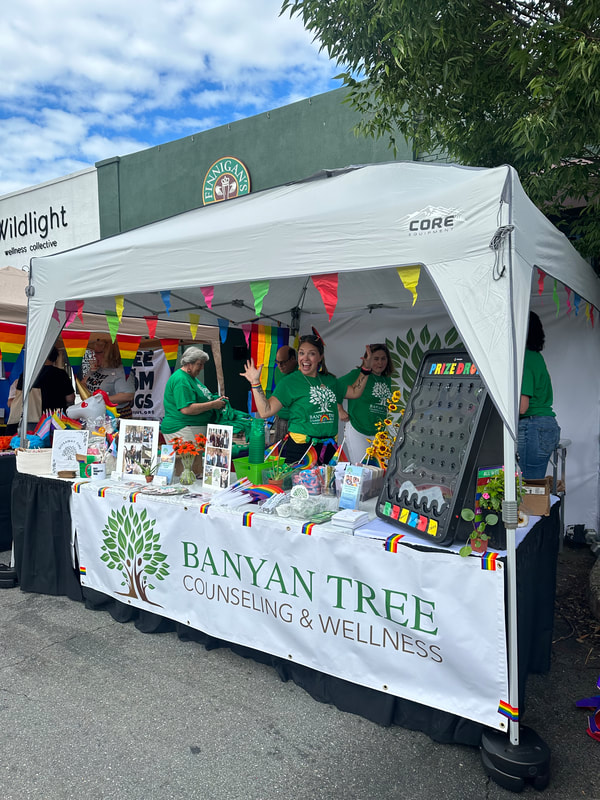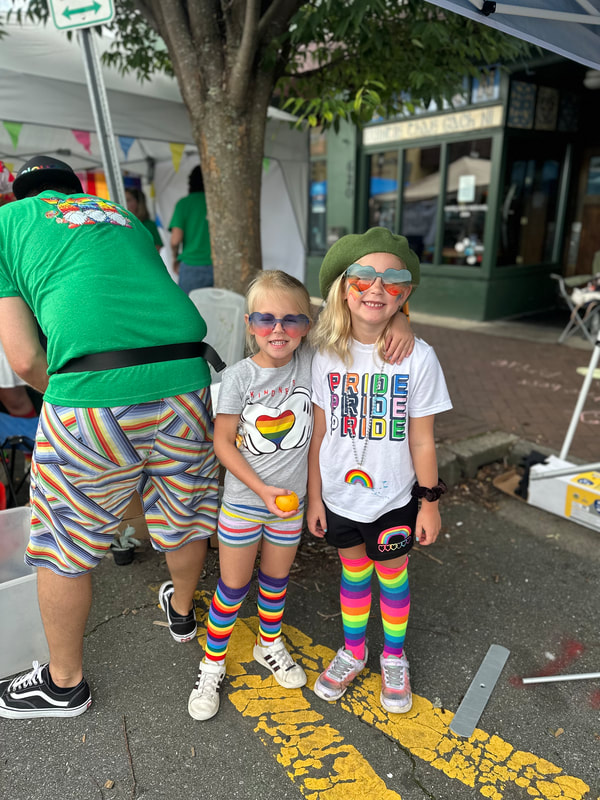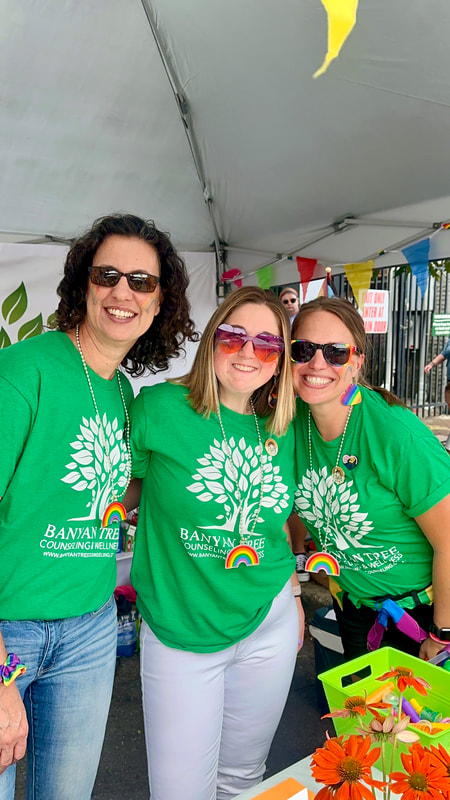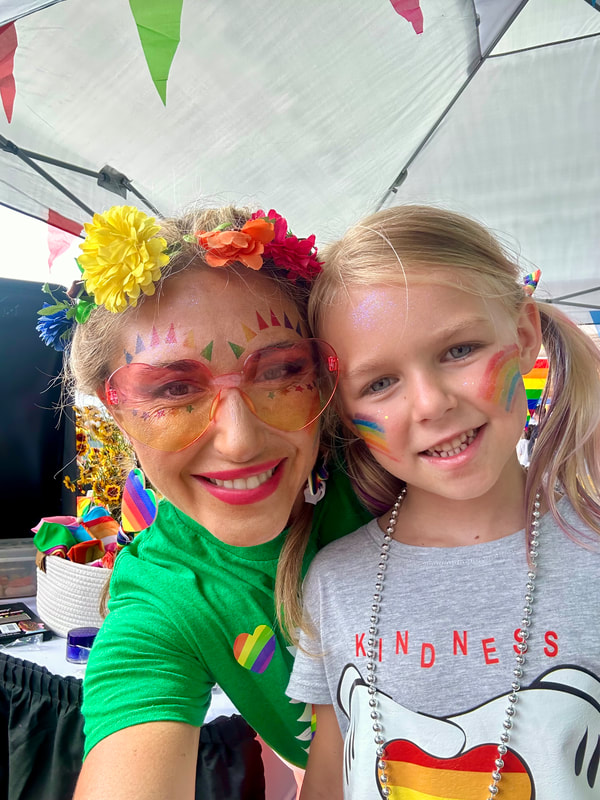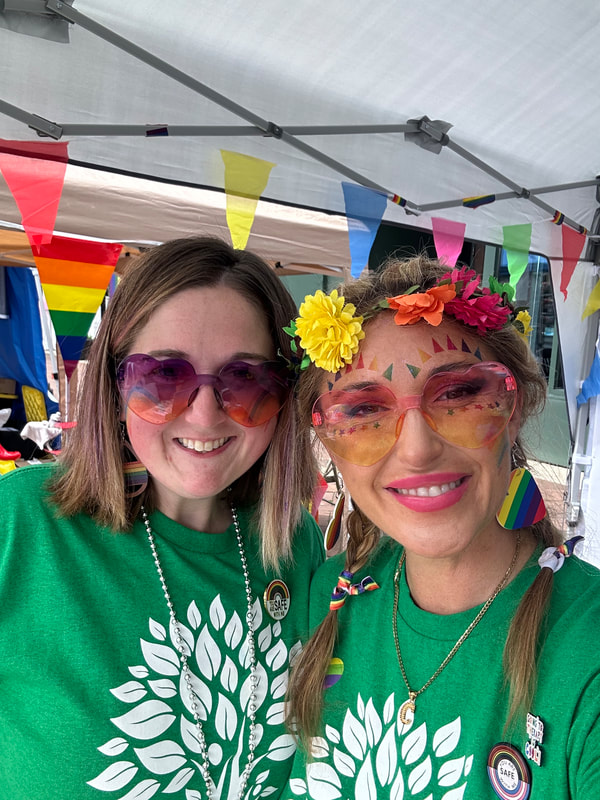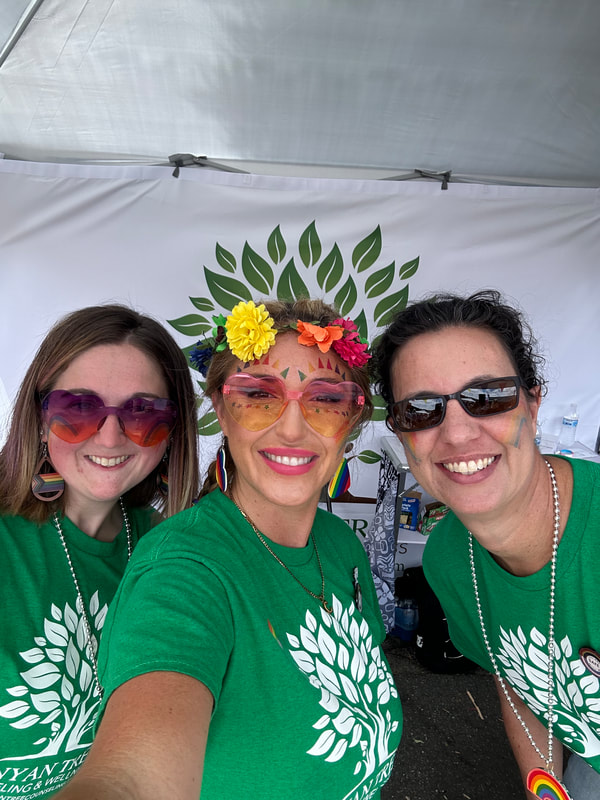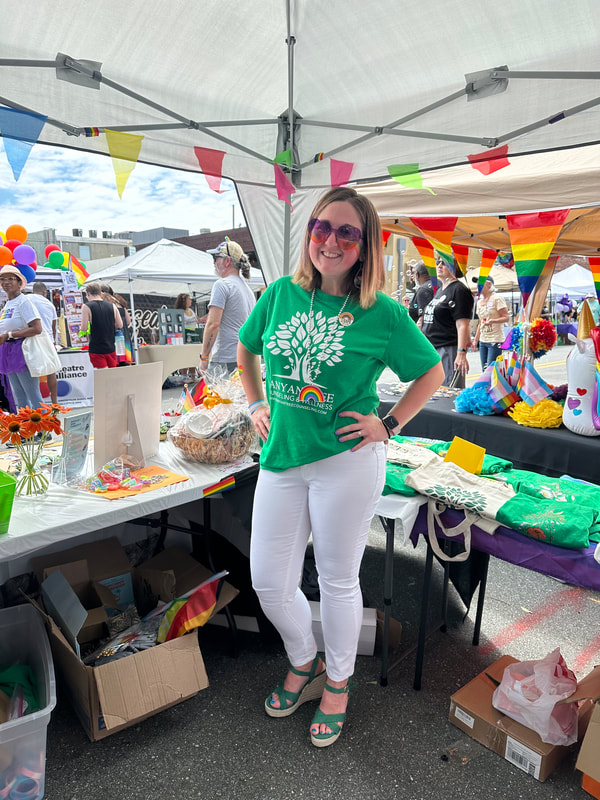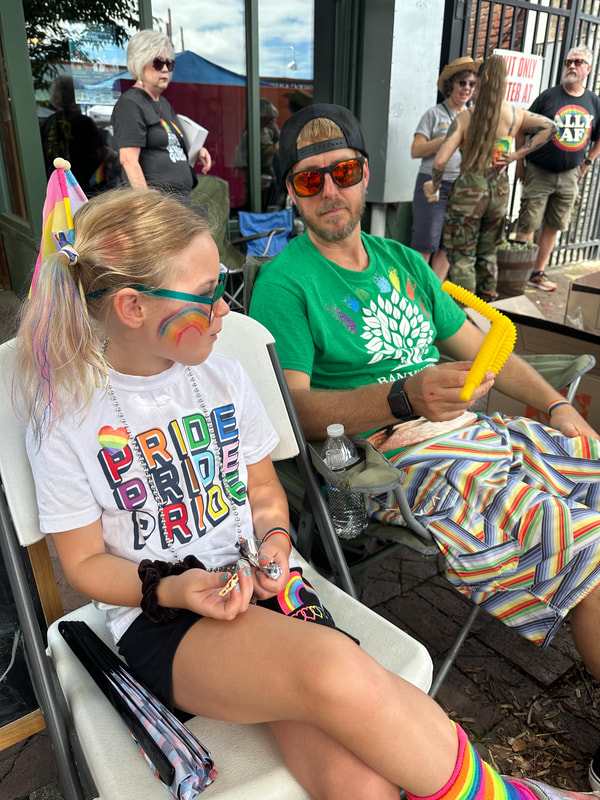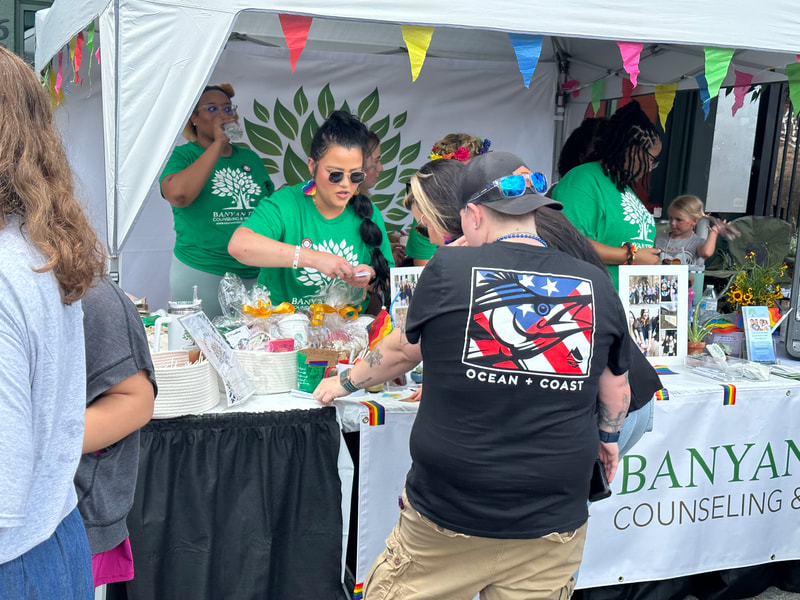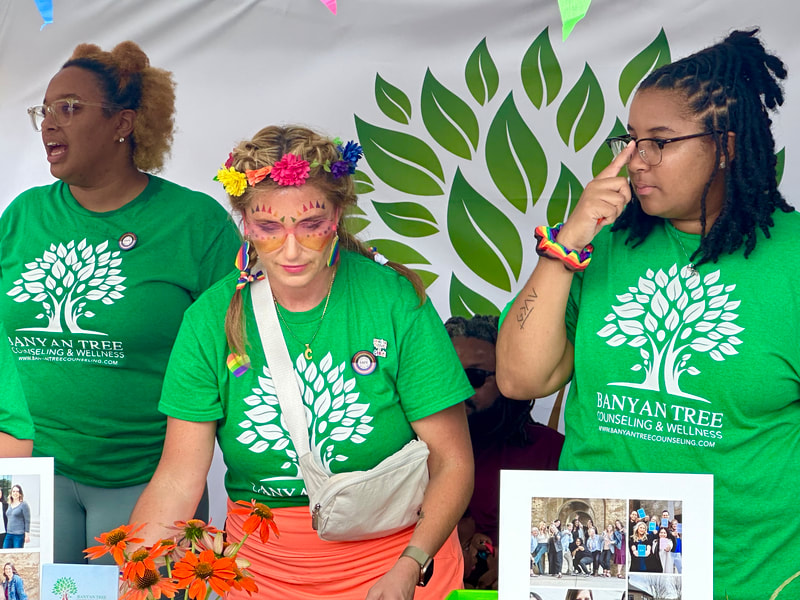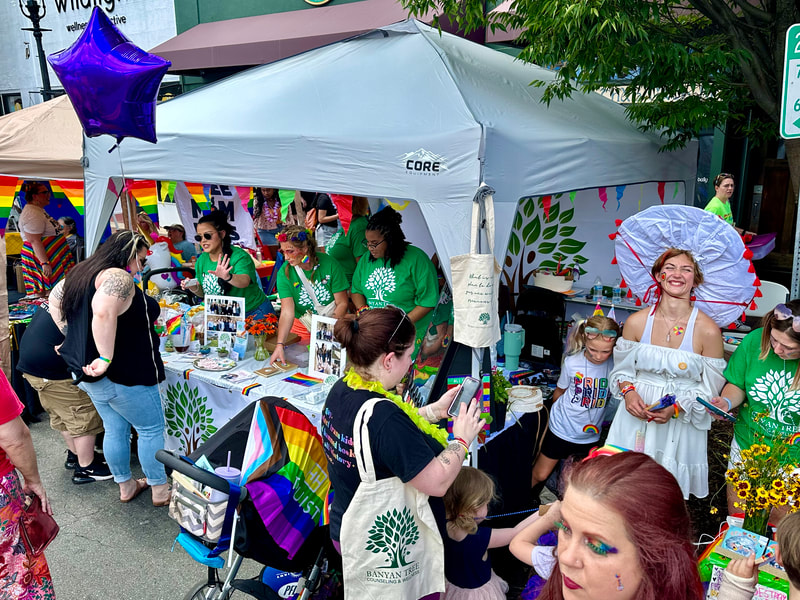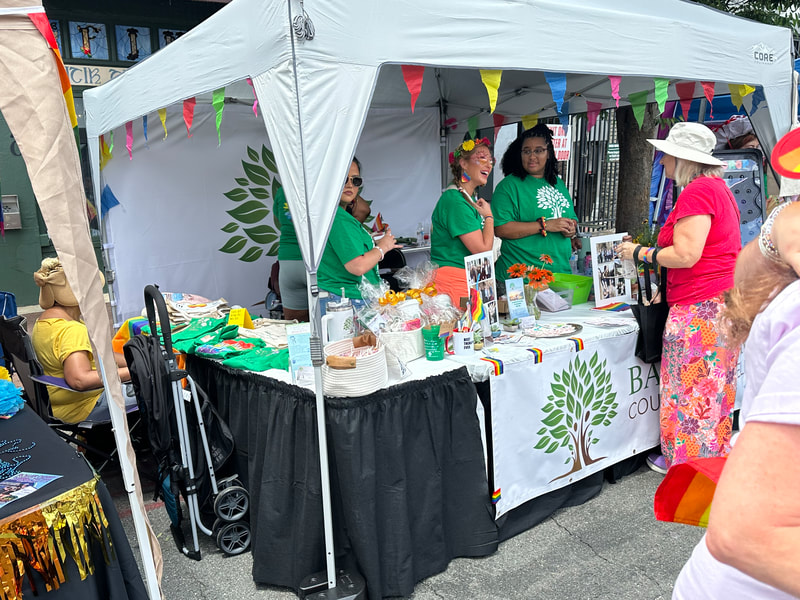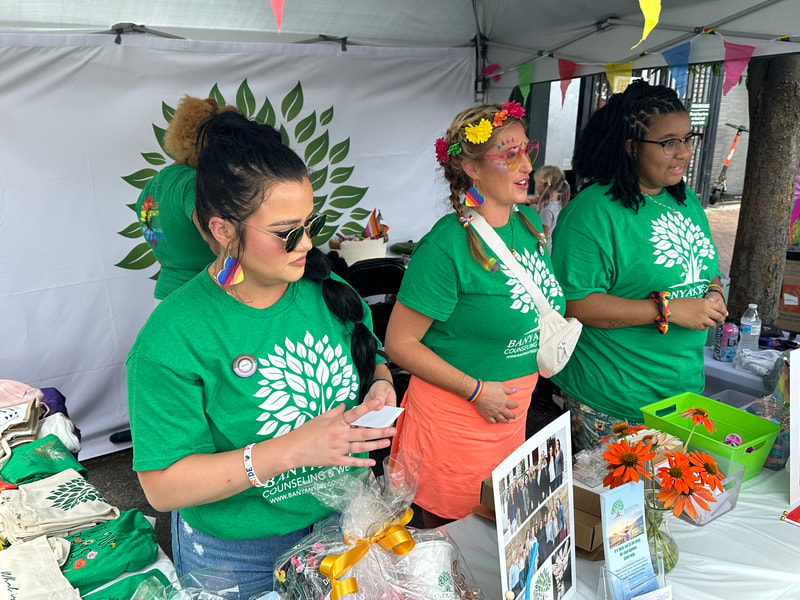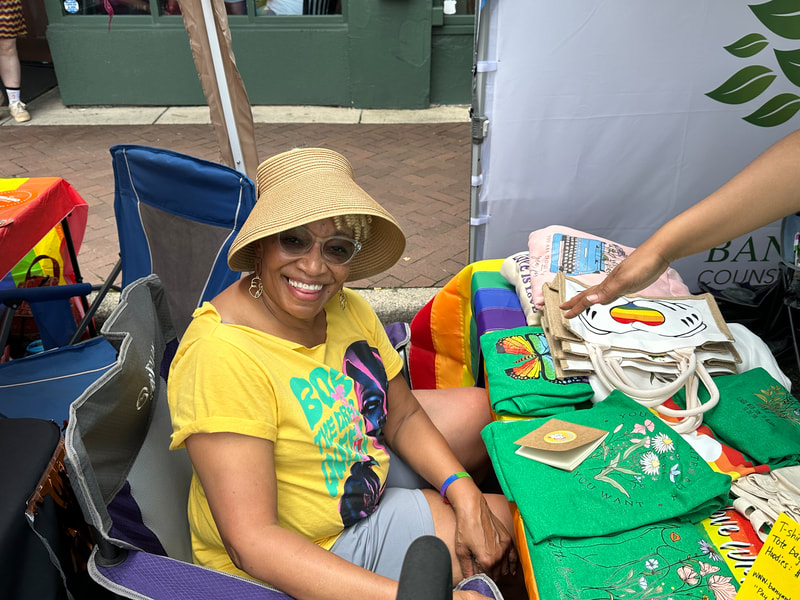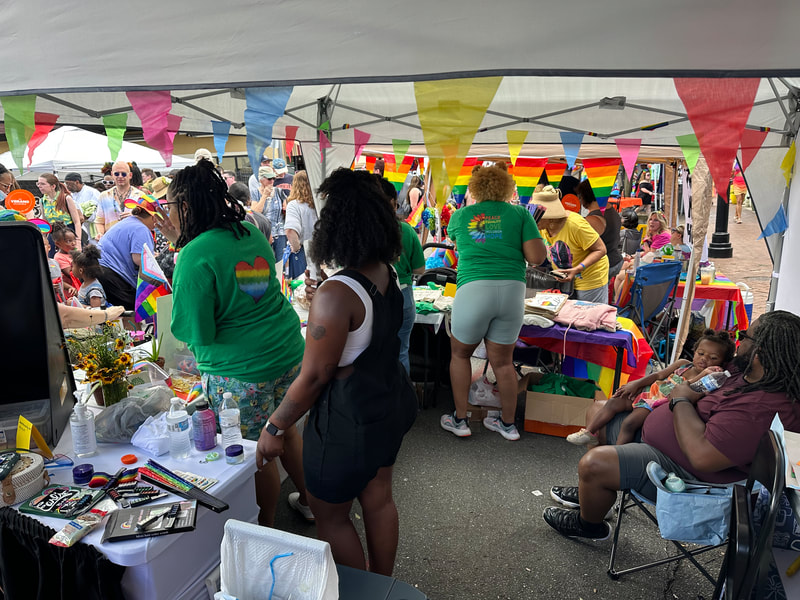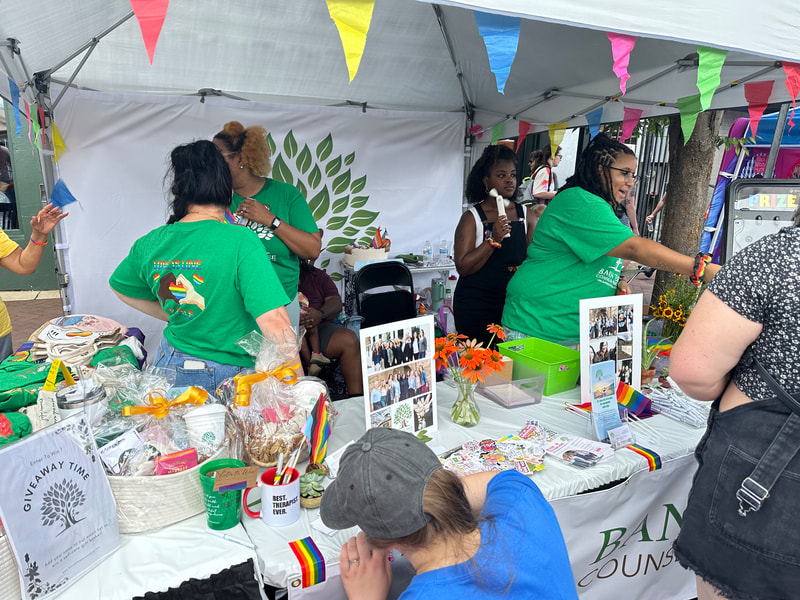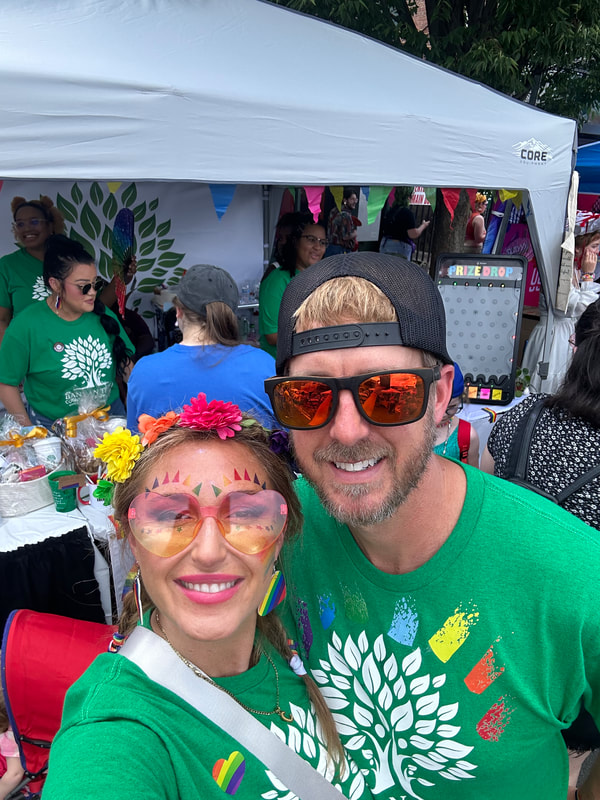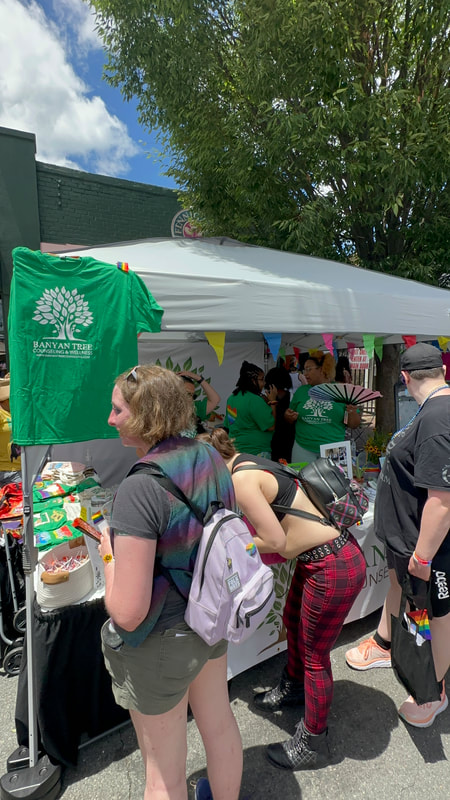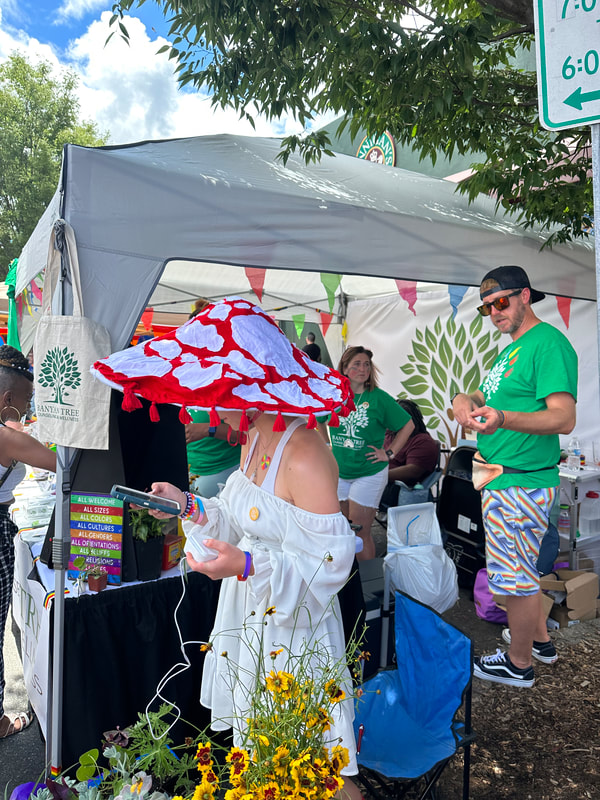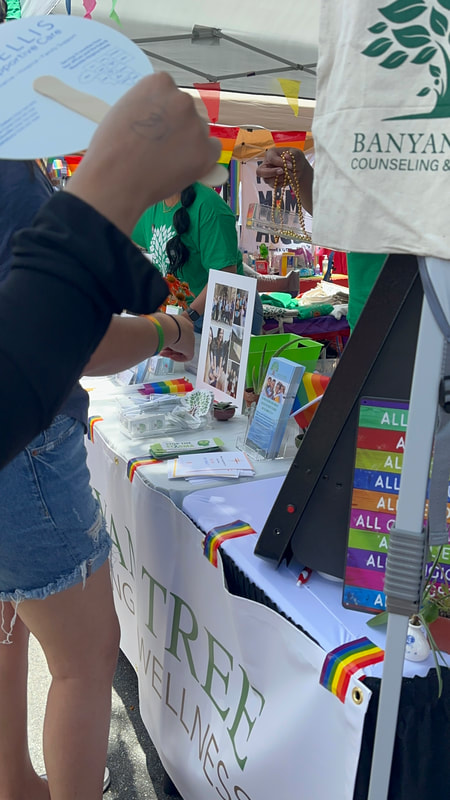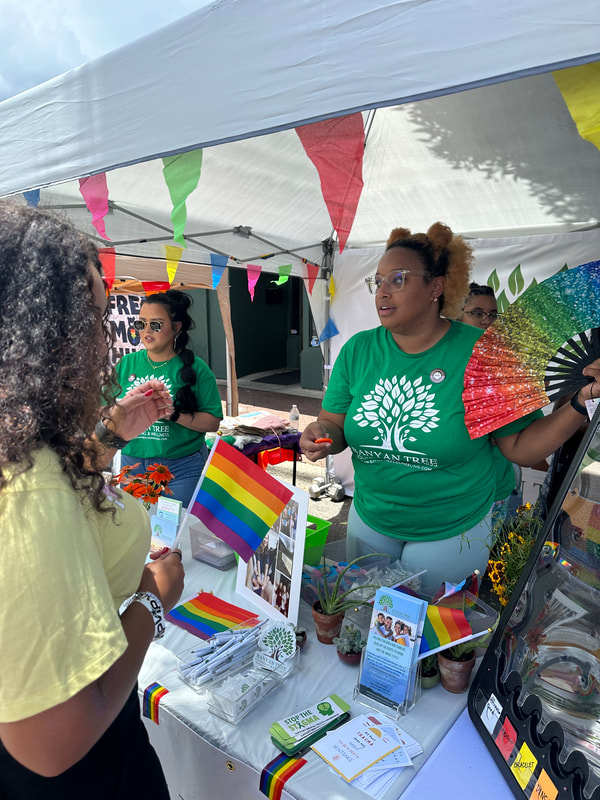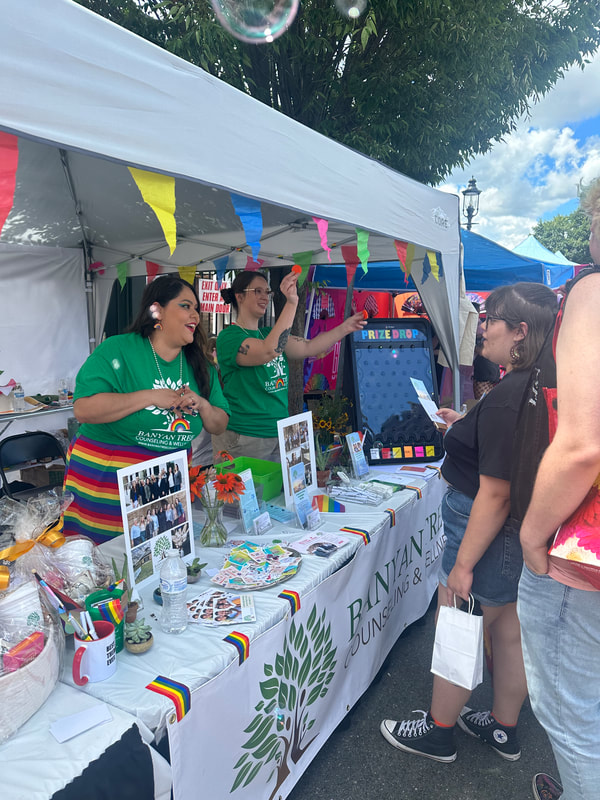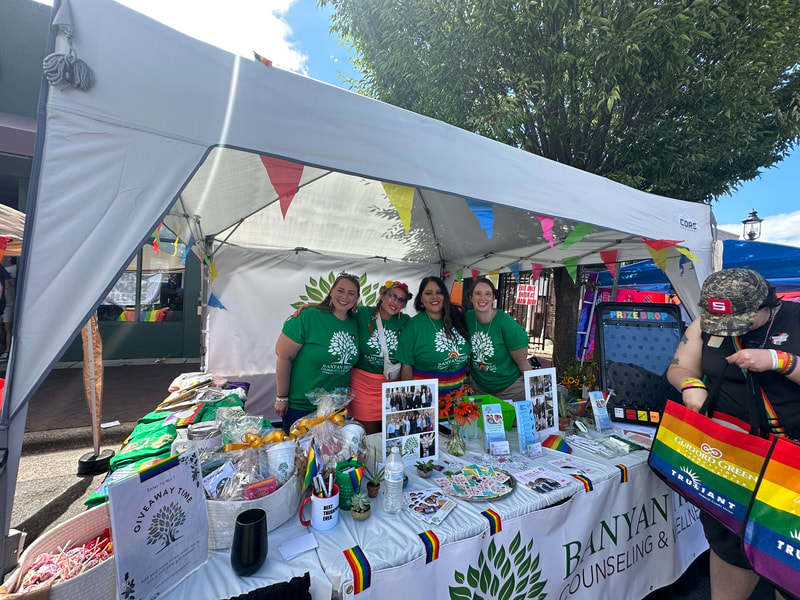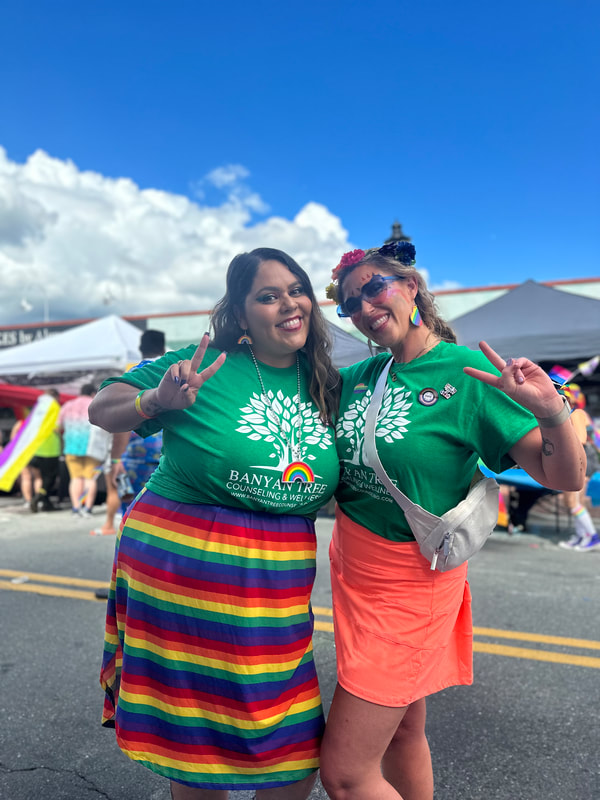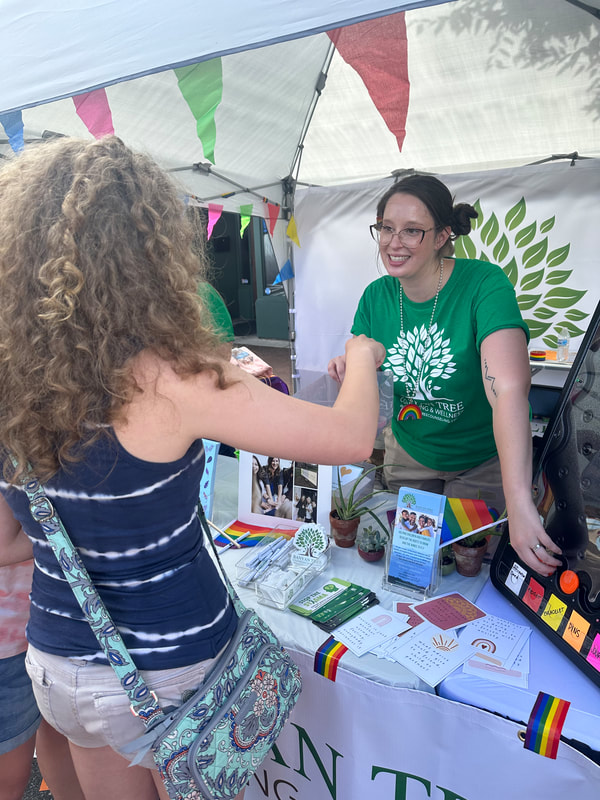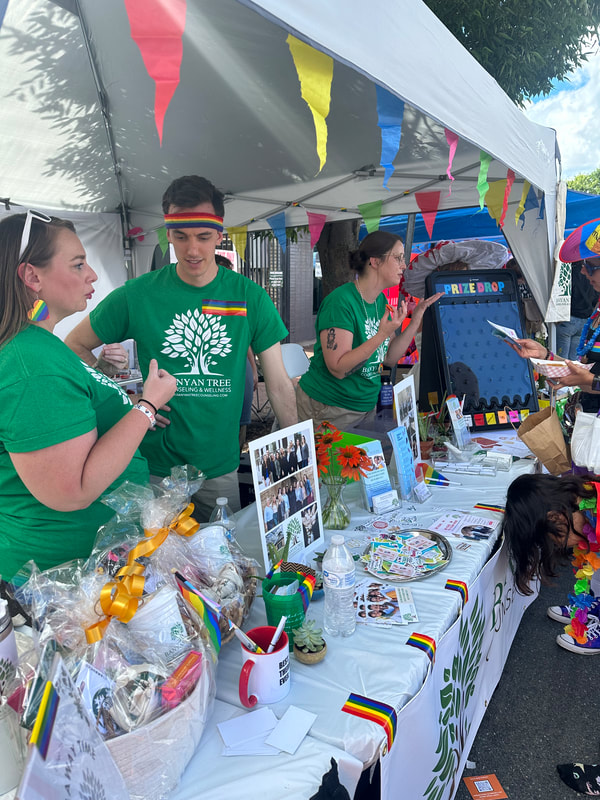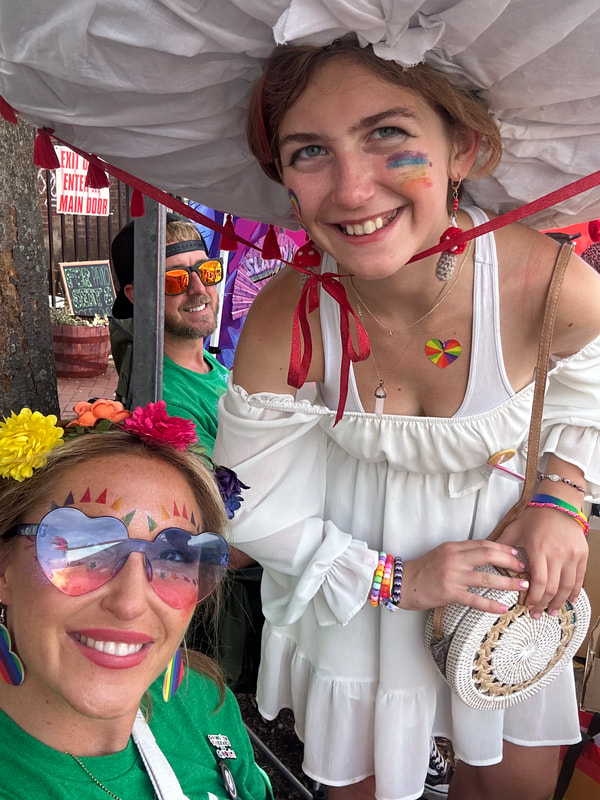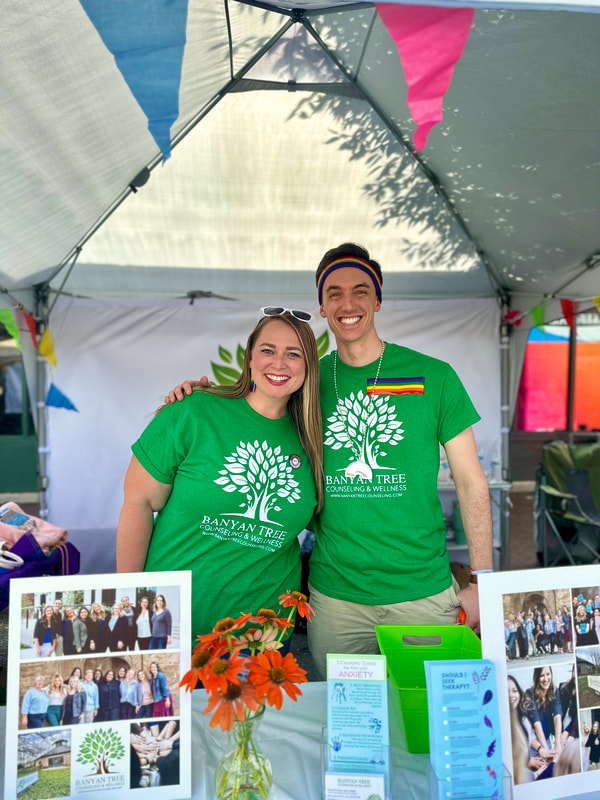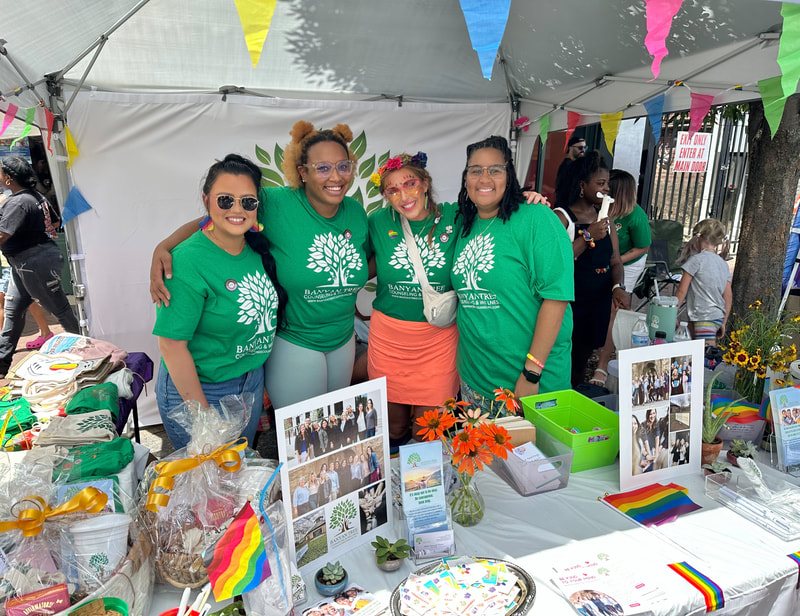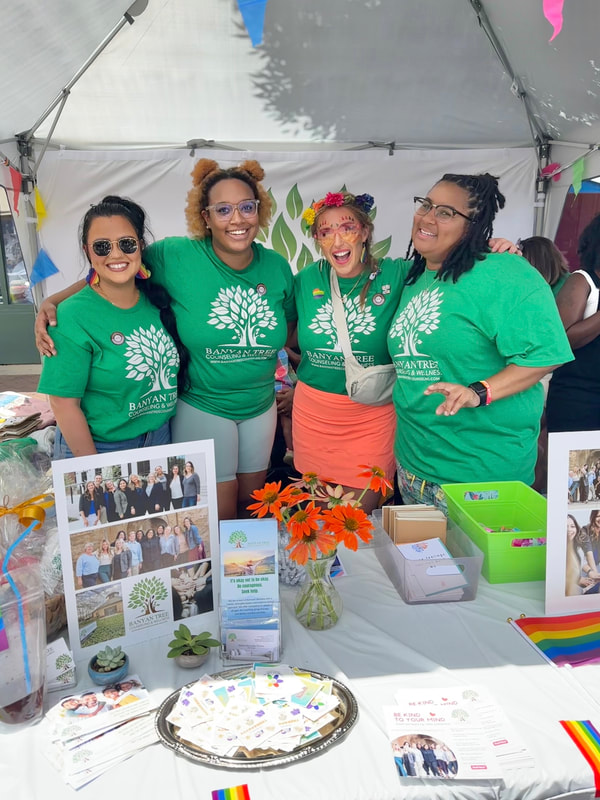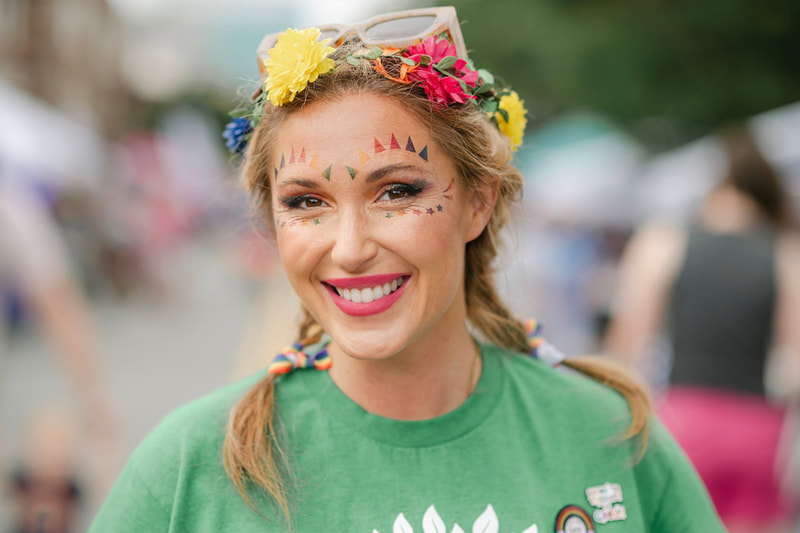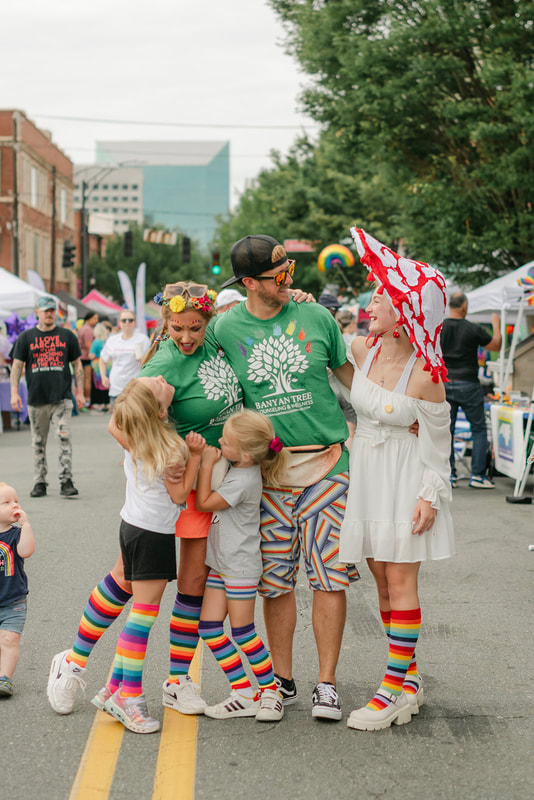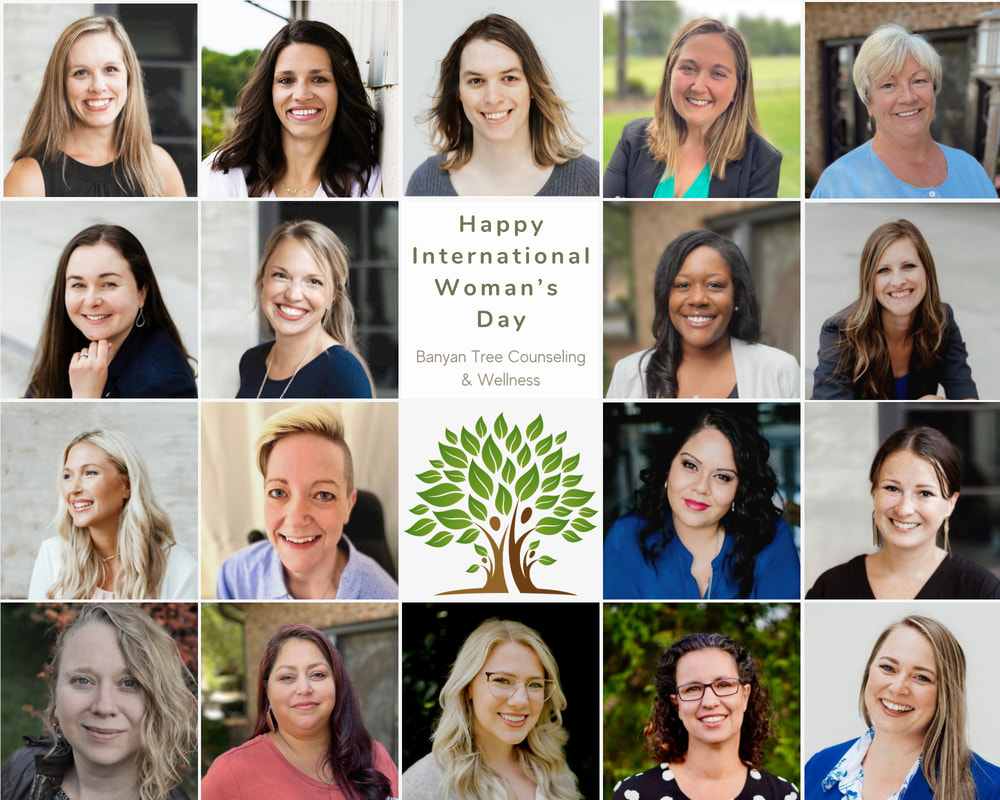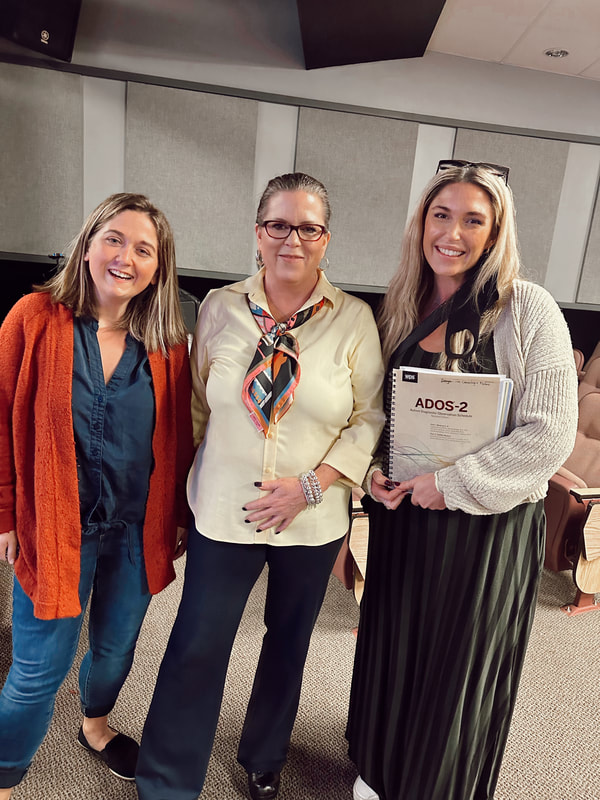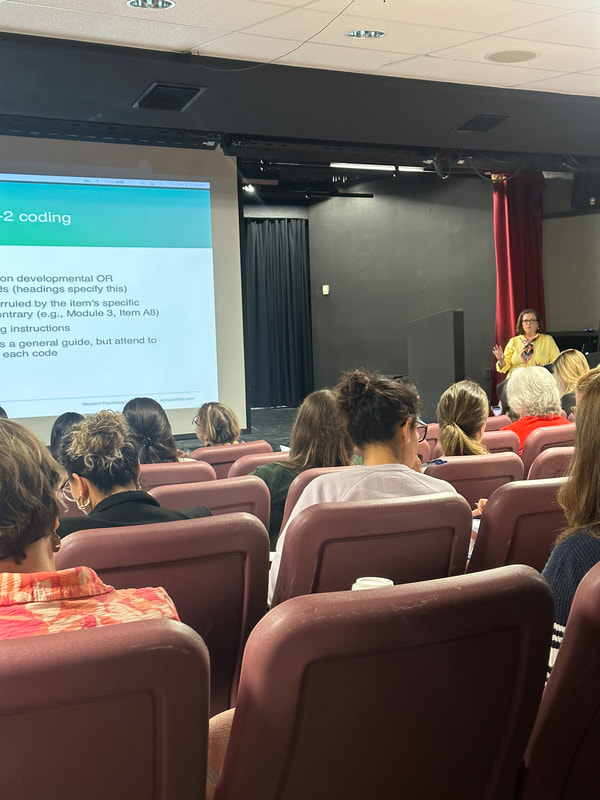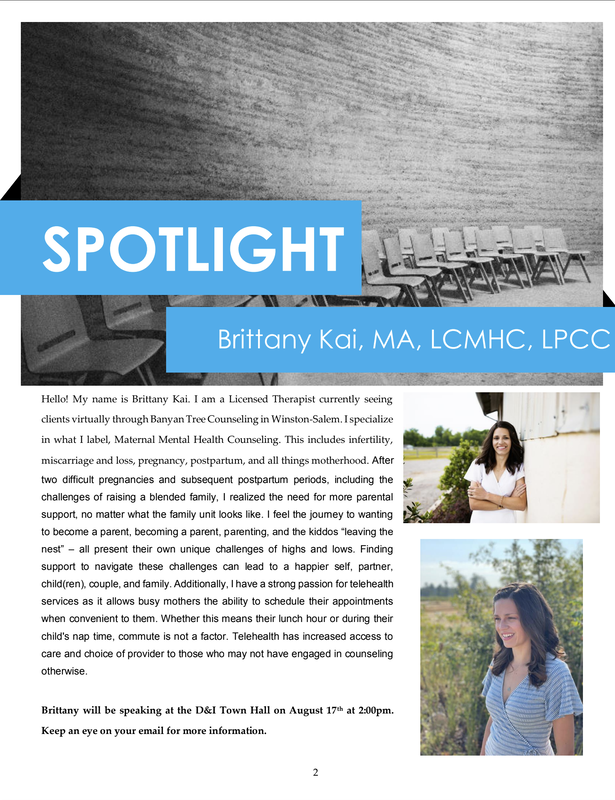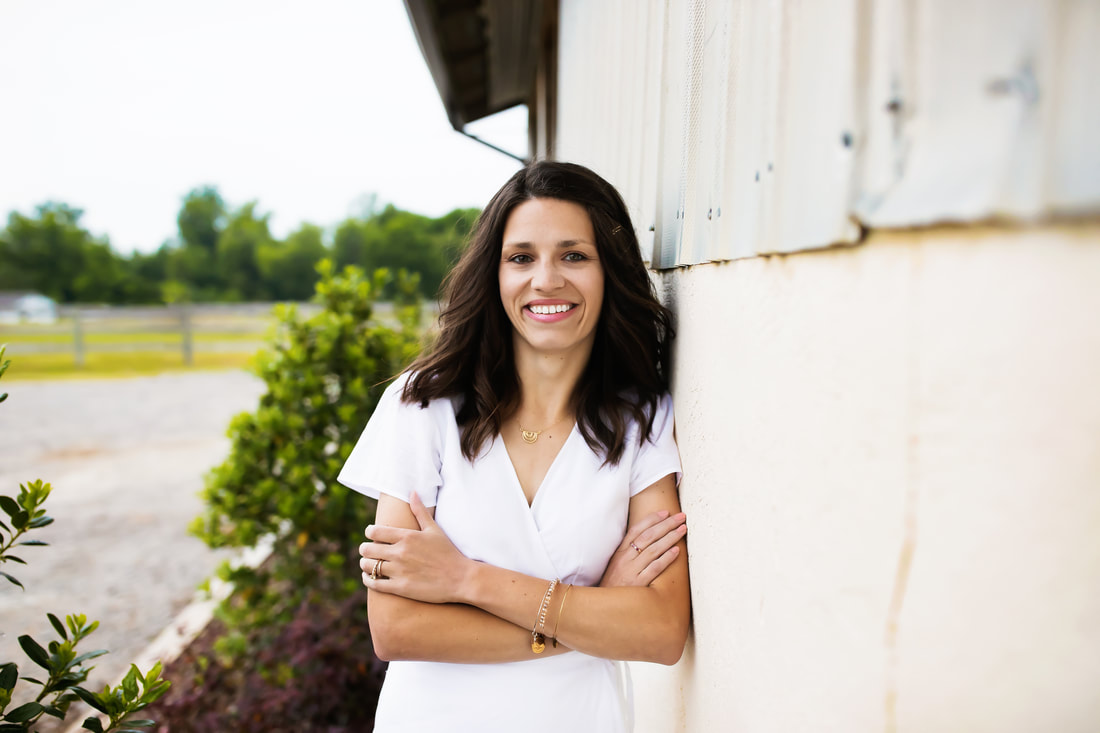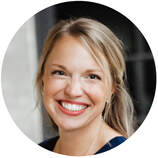- Home
-
Services
- Autism Assessments >
- Coaching
- Couples >
- Discernment Counseling
- Educational Consulting | Special Needs Advocacy >
- Psychiatric Services | Medication Management
- Nutrition
- Parenting + Family Therapy
- Play Therapy for Children
- Separation Counseling + Collaborative Parenting
- Telehealth
- Therapy for Teachers
- Trauma
- Schedule Appointment
-
Meet the Team
- Abby Olmstead
- Adrienne Fisher
- Amber Garcia >
- Amber Miner
- Andrea Miles
- Arionna Wilkerson
- Autumn Martin
- Amber Miner
- Brittany Kai
- Brittany Proxmire
- Brittany Stewart
- Bru Ramirez >
- Chantal D. Hayes
- Christine Ridley
- Emily Ortiz Badalamente
- Hayley McCraw
- Jamie Cullen
- Jared Brinkerhoff
- Jordan Peterson
- Josh Bolle
- Les Gura
- Lisa Carpenter
- Logan King
- Rashaad Nelson
- Sarah Vanderpool
- Savannah Ornt
- Simone Banks
- Tiffany Woods
- Administrative Staff >
- About Us
- Hiring
0 Comments
As we gear up for the holiday season, it's important to remember that this time of year can also be stressful and emotionally taxing. That's why, in honor of Giving Tuesday, we want to share with you 5 tips for coping during the holidays.
1. Practice self-care. Make sure to take care of yourself physically and emotionally during this time. This could mean taking a relaxing bath, going for a walk outside, or talking to a friend, or your therapist. 2. Set boundaries. It's okay to say no to certain events or traditions if they are causing you stress or anxiety. Remember, this time of year should be enjoyable, not overwhelming. 3. Give back. One of the best ways to cope during the holidays is to give back to others. Volunteer at a local shelter or donate to a charity that is close to your heart. 4. Stay organized. Keep track of your schedule and to-do lists to avoid feeling overwhelmed. Prioritize the most important tasks and break them down into manageable steps. 5. Connect with loved ones. Spending time with family and friends can be a great source of joy during the holidays. Make an effort to connect with those you care about, whether it's through a phone call, video chat, or in-person visit. Remember, it's okay to ask for help if you need it. The holidays can be tough, but with these tips, you can cope and hopefully find some moments of joy and peace. Wishing you a fulfilling Giving Tuesday! The school bell rings, marking the start of a new chapter filled with learning, growth, and endless possibilities. Yet, as the back-to-school season unfolds, so do the challenges that children and parents often face. Whether it's the jitters of new beginnings or the balancing act of schedules and a wide range of emotions, one thing is certain: this journey can be smoother with the right support. Enter Banyan Tree Counseling – your trusted partner in navigating the back-to-school adventure with grace and confidence. Join us as we explore how our specialized therapy services can transform common hurdles into stepping stones for your family's success. 1. Anxiety and Stress Starting a new school year or transitioning to a higher grade can trigger feelings of anxiety and stress in children and parents alike. Our therapists at Banyan Tree Counseling offer a safe space for children to express their worries and fears. Through age-appropriate techniques, we help children develop effective coping strategies to manage anxiety and build resilience. 2. Academic PressuresAcademic demands can sometimes lead to pressure and overwhelm for both students and parents. Our therapists work with families to create a balanced approach to academics, emphasizing the importance of setting realistic goals and managing expectations. We help parents support their children in a healthy way without adding unnecessary stress. 3. Social Skills and Peer Relationships Making new friends, dealing with conflicts, and fitting in can be challenging for children. Our therapy sessions focus on building social skills, boosting self-confidence, and teaching effective communication techniques. We empower children to navigate social situations with ease and develop meaningful connections. 4. Time Management and Organization As schedules become busier with school, extracurricular activities, and homework, time management and organization skills become crucial. Our therapists provide practical tools and strategies for children to manage their time efficiently, reducing stress and improving overall well-being. 5. Parent-Child Communication Back-to-school changes can sometimes strain parent-child communication. Our family therapy sessions address communication challenges, helping parents and children openly express their thoughts and feelings. We work together to foster a supportive and understanding environment within the family. 6. Behavioral Concerns Changes in routine can lead to behavioral challenges in children. Banyan Tree Counseling offers parenting support to address behavioral concerns and guide parents in using positive discipline techniques. Our goal is to create a harmonious home environment where children can thrive. 7. Coping with Transitions Whether it's starting school for the first time, transitioning to a new grade, or moving to a new school, transitions can be difficult for children. Our therapists provide a space for children to explore their feelings about these changes and develop healthy coping mechanisms. How We Can HelpAt Banyan Tree Counseling, we are committed to helping families thrive during the back-to-school season and beyond. Our experienced therapists specialize in child and family therapy, offering personalized support tailored to your family's unique needs. Through a combination of individual, family, and group sessions, we empower children and parents to overcome challenges and build strong, resilient relationships. If you're ready to ensure a successful and positive back-to-school experience for your family, contact Banyan Tree Counseling today to schedule a consultation. Our dedicated team is here to support you every step of the way.  Image by fotografierende from Pixabay Pride Month is celebrated every June to honor the LGBTQ+ community and to promote acceptance, equality, and inclusivity. While Pride Month is often associated with celebrations and parades, it also has a significant impact on mental health.
The LGBTQ+ community has historically faced discrimination, social exclusion, stigma, and violence. These factors can lead to various mental health challenges such as depression, anxiety, post-traumatic stress disorder (PTSD), substance abuse, and suicide. According to the National Alliance on Mental Illness (NAMI), LGBTQ+ individuals are almost three times more likely than others to experience a mental health condition such as major depression or generalized anxiety disorder. Pride Month is essential for mental health because it provides a sense of community, validation, and support for LGBTQ+ individuals who may feel isolated or marginalized in other parts of their lives. By celebrating Pride Month, we are creating a safe space where individuals can express themselves freely, without fear of judgment or rejection. This can have a positive impact on mental health by reducing stress, anxiety, and loneliness. Moreover, Pride Month raises awareness about the mental health challenges faced by the LGBTQ+ community and encourages conversations about the importance of mental health care and resources. Many organizations, including mental health clinics, counseling centers, and support groups, use Pride Month as an opportunity to provide outreach, education, and advocacy for LGBTQ+ mental health. Pride Month plays a critical role in promoting mental health for the LGBTQ+ community. It creates an environment where individuals feel supported, validated, and empowered, which can significantly reduce the risk of mental health challenges and improve overall well-being. As we celebrate Pride Month this year, let's continue to prioritize mental health and work towards creating a world where everyone can live with dignity, respect, and love. *Banyan Tree Counseling will be volunteering at PRIDE WS on Saturday June 24, 2023. Come see us! Last month Jordan Peterson, MEd, our Educational Consultant/Advocate (AND Counselor-in-Training-- yes, she has 2 separate roles at Banyan!), and our founder/Executive Director Chantal Hayes, LCMHC-S, travelled to sunny Fort Lauderdale, FL to participate in the Autism Diagnostic Observation Schedule 2nd Edition (ADOS-2) Clinical Training. We are so proud to be able to offer this clinical tool to our "toolbox" at Banyan Tree and help where needed!
Here are some photos from our time in FL for the training. Our instructor, Jennifer Endre Olson, PsyD, was AMAZING!! Dr. Olson is an internationally recognized Pediatric Neuropsychologist who has worked with Catherine Lord, Ph.D., who is widely recognized as the foremost authority in the early diagnosis of Autism Spectrum Disorders and co-developer of the ADOS-2. We're grateful we had the opportunity to train with Dr. Olson and are looking forward to providing ADOS-2 assessments soon! It is incredibly important for parents to understand the importance of early diagnosis and support when it comes to their child and Autism Spectrum Disorder (ASD). Early diagnosis of autism can allow a child to receive resources and supports that will help them in their development, both socially and academically, as well as provide direction for clinical intervention and treatment planning. When identifying a potential diagnosis of autism, an assessment is normally conducted. This usually includes observations, interviews with parents or caregivers, language assessments, cognitive testing, play-based assessment and Autism Diagnostic Observation Schedule 2nd Edition (ADOS-2). The ADOS-2 is an assessment tool designed to help identify Autism Spectrum Disorder in children ages 12 months through adults of all ages. Results from this assessment do not necessarily equal a clinical diagnosis, but it helps provide valuable information about the individual's social communication skills and differences in behavior patterns indicative of autism. Early detection of autism is essential for successful intervention and providing useful support for children and their families. Early intervention can improve outcomes for many individuals with Autism Spectrum Disorder, allowing them to learn new skills faster than if they had waited until later in life. Furthermore, research has shown that early interventions can lead to improved functioning in areas such as communication, language development, motor control, social interaction and problem solving skills throughout life. For parents who have a child receiving an autism diagnosis, it is important that they are supported emotionally during this time. It can be an overwhelming experience learning of your child’s needs while navigating through the treatment options available to you all at once. Parents may need assistance finding local professionals that specialize in diagnosing or working with ASD; local organizations that offer supports for families with members on the spectrum; or even therapy services dedicated to helping families cope with the stress associated with having someone on the autistic spectrum living within their home environment. At Banyan Tree Counseling & Wellness, we understand firsthand how difficult it can be when a family is concerned that their child may be on the autism spectrum, which is why we have recently begun offering the ADOS-2 assessment tool to assist individuals in their journey to understanding, and as they navigate all aspects of their lives - socially, academically, physically and emotionally. We understand how stressful this process can be so our team makes sure that each family member feels heard throughout every step of this journey towards understanding their child’s needs better in order to make informed decisions about what resources are best suited for them moving forward. Reach out to us today if you are interested in learning more. We look forward to connecting with you! *Please note that although the ADOS-2 is recognized as the "gold standard" for assessing for Autism, we do not provide a clinical diagnosis, and this assessment is not intended to be the sole contributor in making a clinical diagnosis. For individuals to receive a comprehensive clinical diagnosis, multiple sources must contribute towards determining their status; these include reports from developmentally informative caregivers or others close with them, objective behavioral observations both during and outside the test itself, alongside experienced and qualified clinicians’ judgement.
If you require a comprehensive clinical diagnosis, which is sometimes required to access support within certain educational entities, workplaces, organizations, etc, we advise you to request a clinical diagnosis through your Primary Care Physician or Psychiatrist. We are glad to provide your full report of your ADOS-2 results to your physician, psychologist, and/or psychiatrist, and collaborate with them to assist in determining a clinical diagnosis and/or further recommendations. BTC licensed therapist Brittany Kai, LCMHC, LPCC, was recently asked to speak at the Diversity & Inclusion Town Hall at Novant Health. She used this platform to discuss the importance of maternal mental health and shared how quality mental health services have historically not been easily accessible or made a priority for women in the US. Below is Brittany's write-up in the D&I newsletter for August 2022.
We are so grateful to have Brittany on the BTC team, helping women every day with reproductive and maternal mental health. Brittany accepts BCBS (most plans), Carolina Behavioral Health Alliance, Aetna, United HealthCare, Gilsbar, Oxford, and Oscar Insurance. To schedule an appointment with Brittany, contact us here. In the practice of psychotherapy, therapists learn about and utilize many tools to help our clients find lasting change, improving their overall mental health and wellbeing, and psychotropic medications can be one of those tools. It is important to realize that not everyone needs medication to treat their mental health symptoms, and not everyone who needs medication will need it forever. The purpose of this article is to provide basic education about psychotropic medications, because I find that most of my clients who take psychotropic medications are under-educated about them, and many clients who do not take medications are scared to start for the same reason. How do psychotropic medications affect the brain?Mental health disorders (anxiety, depression, bipolar disorder, etc…) are a result of chemical imbalances in the brain, specifically of the neurotransmitters serotonin, norepinephrine and dopamine. These chemical imbalances can be endogenous (genetic factors, internally caused), exogenous (life events, trauma, external factors), or both. Psychotropic medications work to create balance in neurotransmitters by adjusting how the receptors in the brain absorb the chemical, effectively reducing negative symptoms. Different medications work on different neurotransmitters, and it varies individually what each person’s brain needs or will respond to, depending on symptoms and brain chemistry. What are the types of psychotropic medication? Anti-Anxiety Medications
Anti-Depressant Medications
Antipsychotic Medications Used to treat Bipolar Disorder, Schizophrenia, Personality Disorders, Severe Depression and Severe Anxiety.
Mood Stabilizers Used to treat the mood swings of Bipolar Disorder, and sometimes to enhance the effect of other medications when treating Depression. Reduce excitability in the brain, to calm overstimulated and overactive neurons. Many anticonvulsant medications are used as mood stabilizers. Examples: Lithium (Eskalith), Depakote (Divalproex Sodium), Lamictal (Lamotrigine), Tegretol (Carbamazepine), Topamax (Topiramate), Trileptal (Oxcarbazepine) Stimulants Used to treat Attention Deficit Hyperactivity Disorder (ADHD), increase dopamine and norepinephrine. Can be addictive and can easily form a dependence. Examples: Adderall (Amphetamine), Vyvanse (lisdexamfetamine), Focalin (dexmethylphenidate), Ritalin/Concerta (methylphenidate), Dexedrine (dextroamphetamine) Who can prescribe psychotropic medications? While a licensed therapist or counselor may be knowledgeable about psychotropic medications, only medical professionals can prescribe them. The medical professionals with the most knowledge and training in prescribing psychoactive medications are Psychiatrists. Psychiatrists are medical doctors (MD) that have completed residency and training in psychiatry. Most psychiatrists do not engage in talk therapy; they focus on symptom and medication management in brief (15-20 minute) appointments. Other medical professionals able to prescribe psychotropic medications are Primary Care Physicians (MD/GP), Physician Assistants (PA), Psychiatric/Mental Health Nurse Practitioners (PMHNP), Nurse Practitioners (NP), Certified Nurse Midwives (CNM), and Gynecologists/Obstetricians (OB/GYN). How do I know if I need psychotropic medications? In my practice, for someone who is not currently taking psychotropic medications, I will generally recommend medications if we seem to continue hitting a wall with ongoing negative symptoms, despite all reasonable efforts to improve them. If adding structure, recognizing and changing thinking, improving overall physical health, learning emotional identification and expression, and addressing spiritual health doesn’t improve symptoms markedly, this indicates to me that the symptoms are endogenous in nature, and need chemical help to mitigate. What do I need to be aware of if I start taking psychotropic medications? All medications generally have some risk of side-effects, some more troublesome than others. Speaking with your prescribing physician and doing your own research are important before starting on any psychotropic medication. Most common side-effects for psychotropic medications are disturbances in sleep and appetite. Some of these can be mitigated by adjusting the time of day they are taken (morning if the medication is activating to your brain at night), and taking them with food to reduce nausea. Research has shown that the most effective treatment for mental health disorders is a combination of medication and therapy. Taking psychotropic medications without including therapy will not result in lasting change and improvement in symptoms. For real and sustained life change, medications can help provide enough of a lift or relief of symptoms so work can happen in therapy, to prevent recurrence of negative symptoms.
|
Banyan Tree Counseling & WellnessWe are a team of licensed clinicians with a holistic, strengths-based, and evidence-based approach. We offer counseling for people of all ages, life coaching, group therapy, educational consulting and advocacy, assessments, and dietary nutrition services. Categories
All
|
Individual Counseling • Psychiatric Services • Medication Management • Nutrition counseling
COUPLES & FAMILIES • CHILDREN & TEENS • EDUCATIONAL ADVOCACY
If you are in a life threatening situation call 1 (800) 273-8255 or use these resources to get immediate help.
HIPAA Notice of Privacy Practices
© 2015-2024 Banyan Tree Counseling PLLC | Banyan Integrated Health PLLC | Banyan Tree Wellness LLC | All Rights Reserved.
All content on this website, unless otherwise specified, is the sole property of Banyan Tree Counseling & Wellness and is protected by copyright laws.
Any unauthorized reproduction, distribution, or use of this content is strictly prohibited and may result in legal action.
HIPAA Notice of Privacy Practices
© 2015-2024 Banyan Tree Counseling PLLC | Banyan Integrated Health PLLC | Banyan Tree Wellness LLC | All Rights Reserved.
All content on this website, unless otherwise specified, is the sole property of Banyan Tree Counseling & Wellness and is protected by copyright laws.
Any unauthorized reproduction, distribution, or use of this content is strictly prohibited and may result in legal action.
- Home
-
Services
- Autism Assessments >
- Coaching
- Couples >
- Discernment Counseling
- Educational Consulting | Special Needs Advocacy >
- Psychiatric Services | Medication Management
- Nutrition
- Parenting + Family Therapy
- Play Therapy for Children
- Separation Counseling + Collaborative Parenting
- Telehealth
- Therapy for Teachers
- Trauma
- Schedule Appointment
-
Meet the Team
- Abby Olmstead
- Adrienne Fisher
- Amber Garcia >
- Amber Miner
- Andrea Miles
- Arionna Wilkerson
- Autumn Martin
- Amber Miner
- Brittany Kai
- Brittany Proxmire
- Brittany Stewart
- Bru Ramirez >
- Chantal D. Hayes
- Christine Ridley
- Emily Ortiz Badalamente
- Hayley McCraw
- Jamie Cullen
- Jared Brinkerhoff
- Jordan Peterson
- Josh Bolle
- Les Gura
- Lisa Carpenter
- Logan King
- Rashaad Nelson
- Sarah Vanderpool
- Savannah Ornt
- Simone Banks
- Tiffany Woods
- Administrative Staff >
- About Us
- Hiring








